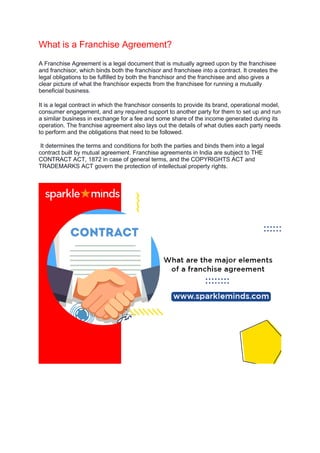
Navigating Real Estate: Expert Tips for Legal Success

Demystifying Real Estate Law: Introduction
Real estate transactions involve intricate legal considerations, making expertise in real estate law crucial for success. This article provides insightful tips for navigating the complexities of real estate law, offering guidance on everything from property transactions to dispute resolution.
Thorough Due Diligence: The Foundation of Real Estate Success
Before embarking on any real estate transaction, thorough due diligence is paramount. This involves researching property records, zoning regulations, and any potential legal encumbrances. A meticulous investigation ensures that you enter transactions with a clear understanding of the legal landscape.
Understanding Property Rights: Key to Legal Clarity
Understanding property rights is fundamental in real estate law. This includes knowing the difference between various forms of property ownership, such as fee simple and leasehold. Clarity on property rights helps in drafting accurate contracts and resolving potential legal disputes.
Expert Contract Drafting: Protecting Interests in Transactions
Contracts are the backbone of real estate transactions. Engage an expert in contract drafting to ensure that agreements accurately reflect the intentions of all parties involved. Well-drafted contracts not only protect your interests but also contribute to a smoother transaction process.
Navigating Zoning Laws: Compliance is Key
Zoning laws dictate how land can be used, and compliance is essential. Understanding local zoning regulations is crucial when purchasing or developing real estate. Non-compliance can lead to legal issues, making it imperative to navigate zoning laws with care.
Environmental Considerations: Mitigating Risks in Transactions
Environmental factors can significantly impact real estate transactions. Conducting environmental due diligence helps identify potential risks such as contamination. Mitigating these risks is not only a legal necessity but also safeguards the value and integrity of the property.
Effective Dispute Resolution: Minimizing Legal Friction
Real estate disputes are not uncommon, and effective resolution is key to minimizing legal friction. Engaging in alternative dispute resolution mechanisms, such as mediation or arbitration, can provide a quicker and often more cost-effective means of resolving conflicts.
Title Insurance: Safeguarding Property Ownership
Title issues can pose serious threats to property ownership. Acquiring title insurance is a proactive step in safeguarding against unforeseen title defects. This insurance provides financial protection and ensures a more secure real estate transaction.
Legal Professionals: Partners in Real Estate Success
Engaging legal professionals with expertise in real estate law is a wise investment. Attorneys specialized in this field can provide invaluable guidance on complex legal matters, ensuring that your real estate transactions adhere to legal standards and regulations.
Continuous Legal Education: Staying Informed in a Dynamic Field
Real estate law is a dynamic field with ever-evolving regulations. Continuous legal education is crucial for staying informed about changes in laws and industry practices. Being up-to-date enhances your ability to make informed decisions in real estate matters.
High Point Family Law: Your Partner in Real Estate Law
For personalized guidance and support in real estate law matters, consider consulting with experts at High Point Family Law. Our team offers insights and assistance in navigating the legal complexities of real estate transactions. Visit Real Estate Law Tips for expert guidance tailored to your specific needs.
In conclusion, navigating real estate law requires a combination of due diligence, legal expertise, and continuous education. From understanding property rights to effective dispute resolution, these tips serve as a guide for individuals involved in real estate transactions. High Point Family Law stands as a reliable partner, offering expert support in real estate law matters. Visit Real Estate Law Tips for ongoing assistance and insights.






:max_bytes(150000):strip_icc()/Term-b-business-plan-70c26342d5374095b3cd7e860d016168.jpg)



